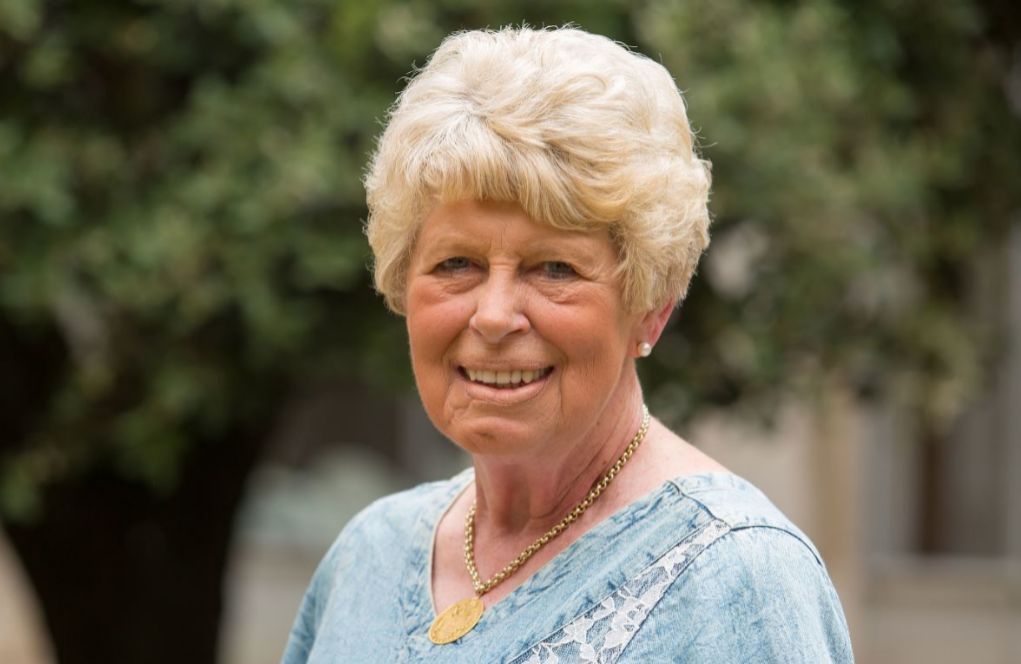- Bauman. "In today's world all ideas of happiness end up in a store"
The sociologist Margaret S. Archer (Grenoside, United Kingdom, 1943) does not like the simplifications nor is it given to the usual metaphors in her field, such as Bauman's liquid modernity or the risk society coined by Beck. She is a more acclaimed researcher in academic forums than in bestseller shelves for her style directed at the specialized public. She looks simply as a commentator of the changes of the world.
And it is the number one enemy of the cliché.
Archer is a strong defender of the autonomy between culture, structure and social action , realities that he considers independent but not isolated. For her, terms such as culture have been prey to ambiguities and for this reason concepts such as the "myth of cultural integration" arise, which, in her opinion, forgets the problems that are generated in a cultural society. According to his theory, we are not homogeneous and whoever pretends to believe it is wrong.
Throughout his career, Archer has tried to learn how people can act to transform the social structures in which they live. Why certain changes lead to new forms of organization while others are absorbed by those already established. The reason for the existence of winners and defeated s. We talk about approaches that seek to know if in the future we can become friends with robots or how communities will manage solidarity.
This researcher, who has recently been distinguished with the honorary doctorate from the University of Navarra , is concerned about the connection between social connections and philosophy, which she considers very tenuous. He advocates that theories that attempt to explain social change incorporate "structured human relations, human actions and human ideas." Hence his search for elements that intervene in people's lives.
Is it going to be the big data key in this search? Will sociology revolutionize? I think not, despite what many colleagues think. Today Google knows everything about us, not only have I passed but it is predictive ... But the scope of sociology works differently. An example, when the press talks about the use of big data to explain Brexit, gross simplifications are allowed. One, for example, is that young people want to remain in the European Union while old people prefer to go out. There are many people over 60 who want, for example, to retire in Spain and be European. These analyzes do not work if we consider that it was voted three years ago. Many older people have passed away and many young people can now vote. Everything fluctuates.Archer is a leading intellectual, a founding member of the Pontifical Academy of Social Sciences , who believes that younger sociologists today are very aware of the thinkers of the past, of reinterpreting them, rather than opening new fields.
On the changes that modify social structures, I wanted to ask you about a phenomenon like the MeToo that has been very important in the media. The MeToo is an invention of social networks. I do not think it has a macro sociological importance. But you come from the academic world, traditionally taken by men and also the first woman to preside over the International Sociology Association in its history. Never felt discrimination? Men are the same as women. There is no gender distinction in the academic field. We are teachers, no matter being a man or a woman.According to the criteria of The Trust Project
Know more- society
- culture
The Paper SpherePilar Reyes: "Literature puts words to the dark areas"
The Paper Sphere Post-traumatic art: when the death of a child translates into a masterpiece
30th anniversary of EL MUNDOPablo Alborán: "My generation can no longer tease you"

